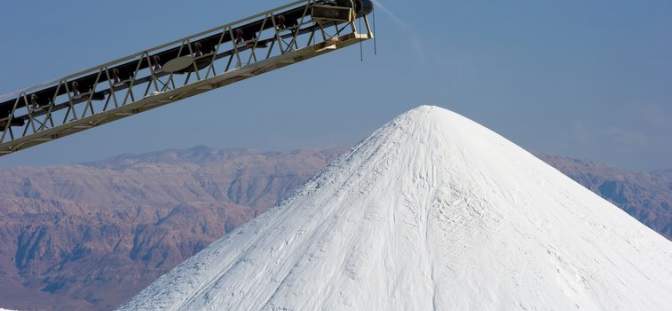After gas supplies through Nord Stream 1 stopped recently, one question is dominating the energy industry: will Vladimir Putin turn the tap back on? Now growing concerns that the Russian president may simply refuse to reactivate it have prompted European leaders to plan for a future without Russian energy. Fears for gas supplies have led European nations to rapidly fill up their storage capacity before the winter. By contrast, nations with closer links to Russia, including Belarus and Turkey, have seen little disruption — a situation that some have described as “gas blackmail”.
Although Moscow had a record of restricting gas flows to Europe as part of past disputes with Ukraine – including in 2005-06, 2009 and 2017 – many in the industry had assumed that because the Kremlin kept supplies flowing throughout the cold war, it would not resort to cutting off its largest market. However, Ben van Beurden, CEO of Shell, has recently warned that Putin has now shown “he is able and willing to weaponize supplies”. The strategy has the apparent aims of weakening Kyiv’s allies and, potentially, turning nations on one another. And it looks like Putin may have already succeeded in the case of Viktor Orbán, Hungary’s pro-Putin prime minister, who has just announced that his country would halt gas exports to its neighbors. The move essentially undermines a regulation that made solidarity among European countries mandatory to prevent the supply cuts seen after the 2017 Russia-Ukraine gas dispute.
To deal with this predicament facing the continent, Europe must coordinate the member states’ governments’ infrastructure plans aiming to produce and transport natural gas to replace imports from Russia. This is warranted to some degree, yet risks an over-expansion and fossil lock-in, argue Friederike Altgelt and Martin Albicker, senior experts from the German Energy Agency (dena). „Europe must urgently prepare for Russia’s possible termination of gas imports,“ they write but add that, in this endeavor, „it is critical to avoid an expansion of gas infrastructure capacities exceeding demand as this would: firstly, waste money on “stranded assets” that would be better spent elsewhere; secondly, lead to an oversupply of gas production and transport capacities in a few years; thirdly, damage Europe’s international credibility on climate protection.“
The REPowerEU package stresses the EU’s need to become independent from Russian fossil fuel imports “well before 2030” — recent developments prove that this will have to be achieved significantly sooner. The package emphasizes energy savings through improved efficiency and an accelerated roll-out of renewable energy to reduce and replace the consumption of natural gas in power generation, industry and heating. The third pillar is the diversification of supplies to substitute Russian gas. To that end, the latest EU-Azerbaijan “strategic partnership“ is a step in the right direction, as the draft deal envisages “shipment of Caspian natural gas to the European Union and, potentially, to Western Balkan countries … to increase diversification.“ They “aspire” to “bilateral trade of natural gas … of at least 20 billion cubic meters [bcm] of gas annually by 2027,” it added. The deal comes hot on the heels of a similar EU accord with Egypt and Israel in June.




